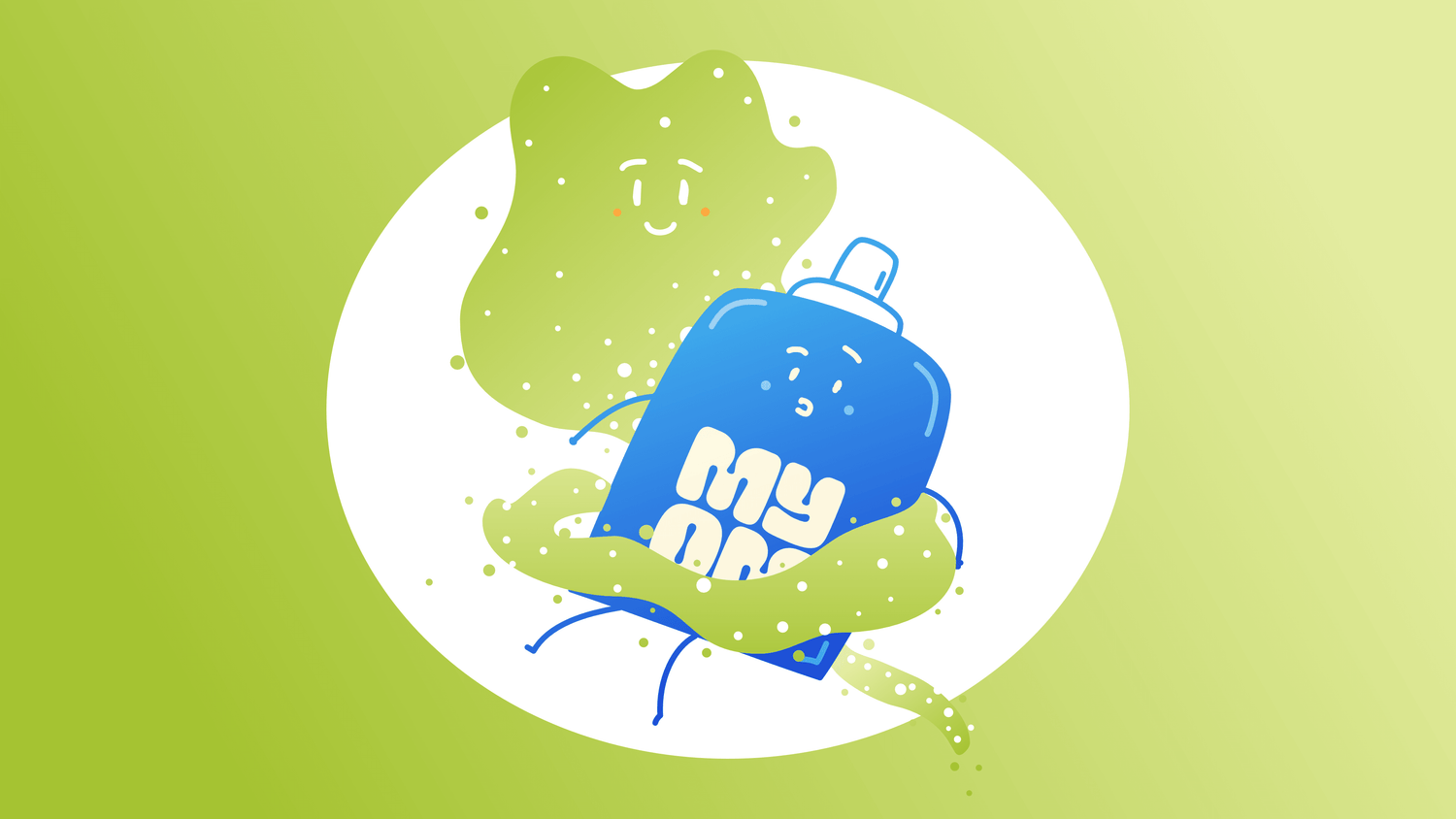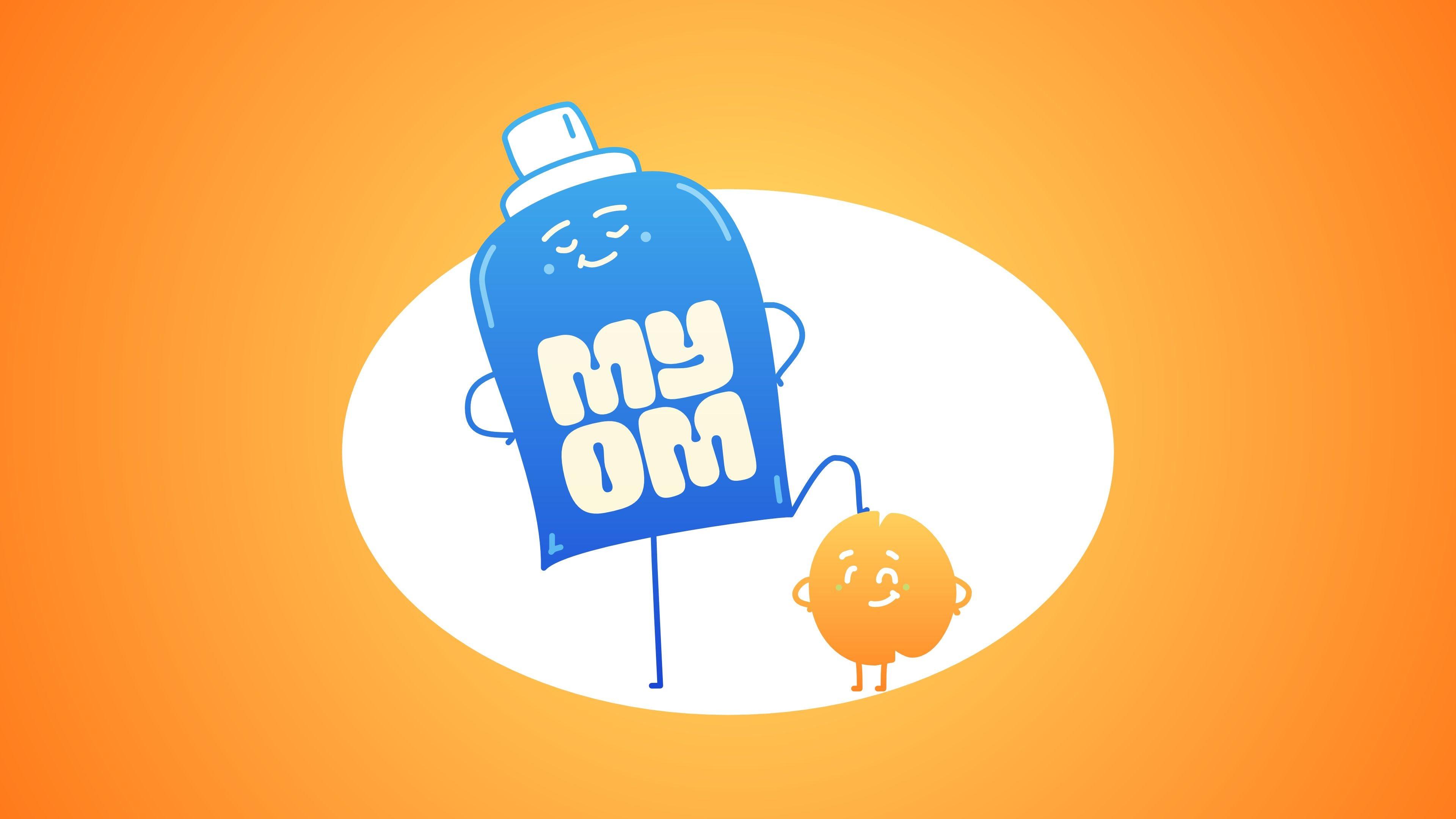In recent years, the alternative milk market has seen significant growth, offering a wide array of options beyond traditional cow's milk. Among these alternatives, oat milk and matcha milk have gained popularity due to their distinct flavours, nutritional profiles, and eco-friendly characteristics.
What is Oat Milk?
Oat milk has emerged as one of the creamiest and most versatile plant-based milk options. It is created by soaking oats in water, blending, and then straining, resulting in a naturally sweet and mild flavour. Oat milk's ability to mimic the creamy texture of dairy milk makes it ideal for use in coffee, cereal, baking, and cooking.
At MYOM, we're leading a dairy revolution with our Original Oat Drink Blend. Packed with essential nutrients like calcium, iodine, vitamin B12, and D3, MYOM Original Oat Drink Blend is not just about sustainability—it's about nourishing both you and the planet. Enjoy the versatility and deliciousness of oat milk wherever you go, without the need for immediate refrigeration.
What is Matcha Milk?
Matcha milk, derived from finely ground green tea leaves, offers a unique flavour that sets it apart from other plant-based milks. With a delicate balance of sweetness and earthiness, matcha milk provides a refreshing alternative to dairy milk.
Nutritional Comparison
Oat milk is higher in carbohydrates and fibre, while matcha milk is rich in antioxidants and nutrients like vitamin C and potassium.
Oat Milk
- Energy: Higher in carbohydrates, providing sustained energy.
- Digestion: Rich source of dietary fibre, beneficial for digestive health.
- Vitamins: Contains notable levels of vitamins and minerals such as B vitamins, calcium, and iron.
Matcha Milk
- Antioxidants: High levels of antioxidants from matcha green tea, promoting overall health.
- Nutrients: Contains vitamins and minerals like vitamin C, vitamin A, and potassium.
- Caffeine: Provides a natural energy boost from the caffeine content in matcha.

Taste and Texture
Oat milk typically has a creamy texture and a subtly sweet taste, whereas matcha milk offers a smooth texture with a refreshing, earthy flavour from the matcha green tea.
Oat Milk
- Flavour: Delicately mild and creamy with a subtle sweetness.
- Texture: Smooth and velvety, akin to traditional dairy milk.
Matcha Milk
- Flavour: Refreshingly earthy with a hint of sweetness from matcha.
- Texture: Creamy and smooth, with a vibrant green colour.
Using Versatile Oat Milk and Matcha Milk
Using versatile oat milk and matcha milk opens up a world of culinary possibilities. Oat milk's creamy texture and subtle sweetness make it perfect for adding richness to coffee, tea, cereal, and baked goods.
On the other hand, matcha milk's smooth consistency and earthy flavour provide a refreshing twist to smoothies, desserts, and even savoury dishes. Whether you're looking to indulge in comforting classics or experiment with innovative recipes, incorporating oat milk and matcha milk into your cooking and baking endeavours adds depth of flavour and nutritional value to every dish.
Oat Milk
- Creamy and versatile: Suitable for sweet and savoury dishes.
- Baked goods: Ideal for baking, providing moisture and richness.
- Dairy-free alternative: Perfect for pancakes, sauces, and soups.
Matcha Milk
- Antioxidant boost: Enhances smoothies and shakes with its matcha goodness.
- Light and refreshing: Perfect for sipping on its own or adding to desserts and baked goods.
Environmental Considerations
Oat Milk
- Sustainable cultivation: Efficient use of water and land resources.
- Contribution to a greener future: Opting for oat milk aligns with environmental values.
Matcha Milk
- Eco-friendly production: Utilises sustainable practices in matcha cultivation.
- Reduced environmental footprint: Supports a more environmentally conscious lifestyle.
When considering environmental considerations, oat milk and matcha milk offer distinct advantages. Oat milk stands out for its sustainable cultivation practices, utilising water and land resources efficiently. Opting for oat milk supports a greener future by reducing environmental impact. On the other hand, matcha milk production involves sustainable practices in matcha cultivation, contributing to a reduced environmental footprint. By choosing matcha milk, consumers can align with eco-conscious values while enjoying a delicious and nutritious dairy alternative.
Choosing MYOM oat milk allows consumers to actively participate in promoting sustainability, making a positive impact on the environment with every sip towards a greener future.
Health Considerations
Oat milk is rich in fibre, promoting digestive health and aiding in weight management. Additionally, it contains beta-glucans, which may help lower cholesterol levels and improve heart health. Meanwhile, matcha milk boasts high levels of antioxidants from matcha green tea, supporting overall health and well-being.
Oat Milk
- Higher in carbohydrates, providing sustained energy.
- Rich source of dietary fibre, promoting digestive health.
- Contains essential vitamins and minerals such as B vitamins, calcium, and iron.
Matcha Milk
- Rich in antioxidants from matcha green tea, supporting overall health.
- Provides vitamins and minerals like vitamin C, vitamin A, and potassium.
- Offers a natural energy boost from the caffeine content in matcha.
Conclusion
In conclusion, both oat milk and matcha milk offer unique flavours, textures, and nutritional benefits, catering to a variety of preferences and dietary needs. Whether you prefer the creamy consistency of oat milk or the refreshing taste of matcha milk, both options provide delicious and nutritious alternatives for those exploring plant-based milk.
At MYOM, we're committed to blending taste, convenience, and sustainability to offer the best dairy-free options for every lifestyle.




